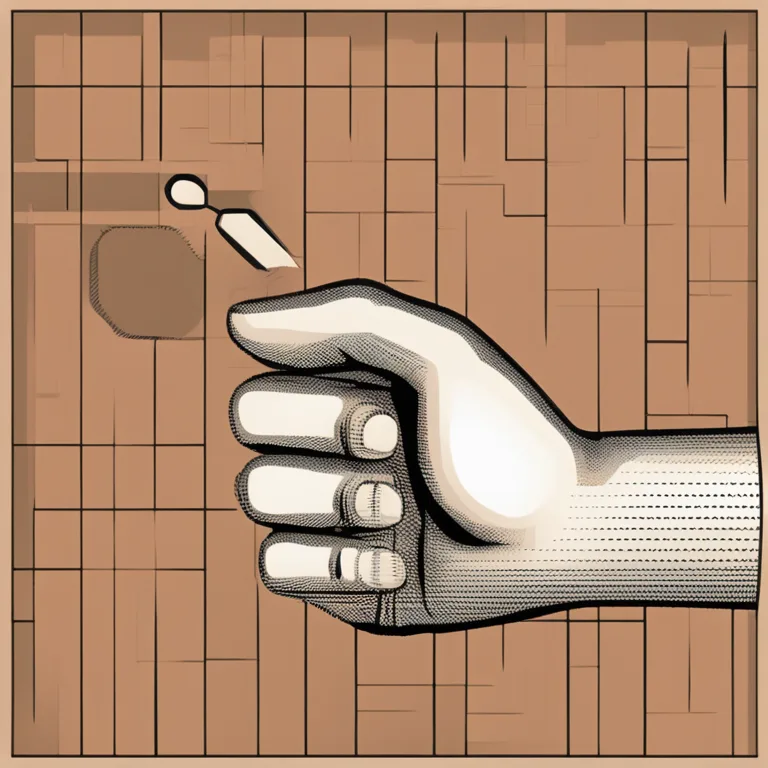
Palmistry Life Line Interpretation Guide
Delve into the intricacies of palm reading with our comprehensive guide on how to interpret the life line in palmistry.
article by Nora Pennington
The Life Line's Core Significance
In the mystifying world of palmistry, the life line is one of the most recognized and discussed features. Often mistaken as a predictor of lifespan, the life line actually offers insights into an individual’s vitality, general well-being, and major life changes. Reading the life line requires an understanding of its length, depth, and curvature as each detail contributes to a personalized interpretation. The line typically arcs around the base of the thumb, indicating different aspects of one’s journey, including physical health, life balance, and significant transformations.

Starting Points and Initial Interpretations
The starting point of the life line is found at the edge of the palm between the thumb and index finger, stretching down towards the wrist. If it begins joined with the head line, this suggests a cautious, dependent personality, whereas an independent thinker may have a life line that starts separate. The thickness and depth of the line also play a role; a deep, pronounced line indicates a strong, robust constitution and a zest for life, while a faint line might suggest less vigor and vitality.

Decoding the Line's Length and Depth
Contrary to common belief, the length of the life line does not determine how long one will live. Instead, a long, unbroken line can suggest a life of smooth experiences and good health. Shorter lines might reflect a tendency to be ruled by others or a lack of energy. However, a short life line should not be viewed with alarm, as it may also indicate a person who easily overcomes physical problems and is resilient in the face of adversity.

Branches and Variations
Branches emanating from the life line can reveal additional information. Upward branches are generally seen as positive indicators, reflecting achievements and successes. Downward branches, however, might suggest periods of loss or setbacks. Other variations like breaks in the line can signify life disruptions or changes in lifestyle, and overlapping lines could indicate a recovery or a major life transformation.

Curves and Crosses
The curve of the life line also holds significance. A wide, generous curve suggests an extroverted personality with a love for adventure, while a line that hugs close to the thumb can indicate an individual who may be more cautious or introverted. Crosses or marks along the life line might represent external influences or health-related challenges that may be faced.
Intersecting Lines and Significance
The life line, while influential, does not exist in isolation. It must be read in conjunction with the head, heart, and fate lines for a holistic understanding of an individual's palm. Intersecting lines can alter interpretations significantly. A life line that connects with the fate line could imply a turning point in the individual's life path driven by external circumstances.
Putting It All Together
Palmistry is an art form that combines intuition with knowledge. Reading the life line, like any aspect of palm analysis, is a nuanced practice that goes beyond generalizations. Palm readers should exercise care and consider the person’s whole hand and context of their experiences to provide a reading that is insightful and empowering. Always remember that the lines can change over time, reflecting the ongoing nature of one's life journey.
Published: 1/3/2024
Modified: 1/3/2024
More predictions
Come back here soon to learn more about yourself and your future


The Mystery of Lineless Palms
Explore the rare phenomenon of palms without lines and what it might signify in palmistry traditions.


A Beginner's Guide to Palmistry
Discover the essentials of palm reading in this comprehensive guide, tailored for beginners keen on understanding the mysteries of palm lines and their meanings.